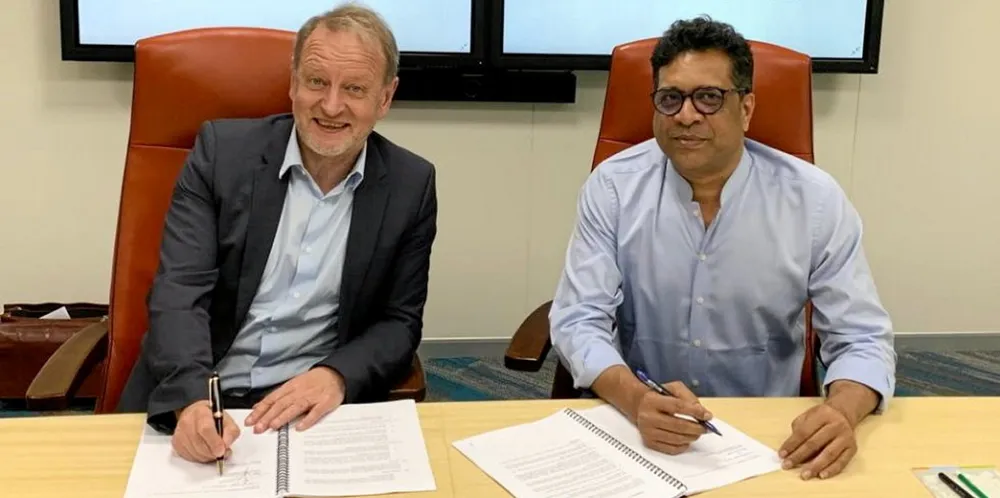Global market leader to build 2GW hydrogen electrolyser factory in India with local renewables developer
Belgium’s John Cockerill will build gigafactory in partnership with Greenko Group, with the pair collaborating in “all spheres of market evolution”
